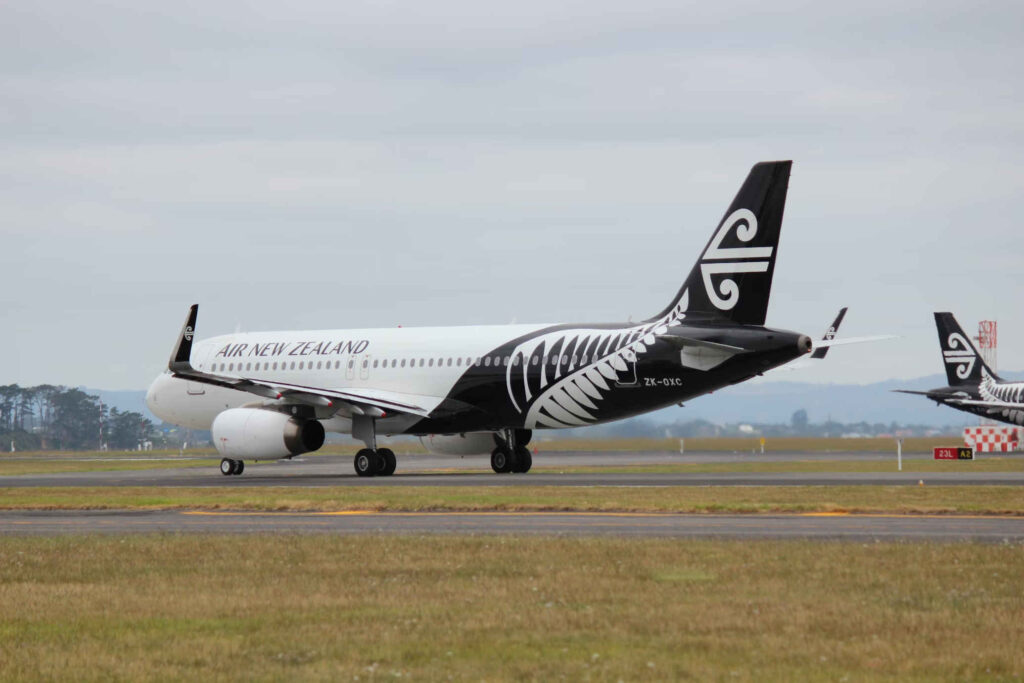
Air New Zealand has reported a 39% drop in half-year profit, falling from $213 million to $129 million compared to the same period last year, and has increased fares on some domestic routes with plans for more hikes.
The decline in profit has been attributed to inflation, rising fuel costs, and engine maintenance issues, despite a 21% increase in passenger revenue, largely from long-haul flights, surpassing $3 billion.
CEO Greg Foran told legacy media that domestic fares had been kept low through much of 2023 but indicated that the airline would need to pass some inflation costs onto customers going forward.
The airline has been facing significant inflationary pressures, with Stats NZ reporting a decrease in the annual inflation rate to 4.7% in the three months ending December, the lowest since June 2021. Long-haul flights, particularly from North America, have seen fare reductions, but the airline is considering adjustments to ancillary costs, such as fees for extra bags or pets.
Foran emphasized a measured approach to increasing fares, especially on routes with higher demand, while being cautious about flying empty planes on less popular routes. He acknowledged the challenges ahead, including reduced corporate and government bookings and the need for the airline to prepare for future turbulence.
Domestic airfares are expected to rise, although Foran did not specify which of the 20 domestic routes would be affected. He stressed the importance of the airline’s financial health, noting the significant cost of purchasing new aircraft and the necessity of achieving a return on investment. Despite the fare increases, Foran said the airline will make efforts to improve customer experience, and the strong performance of the airline’s domestic revenue, albeit with costs that have yet to be fully passed on to customers.
Air New Zealand has also called for a review of Auckland Airport’s redevelopment costs, expressing concern over the potential impact on the affordability of flying. The airline is implementing a hiring freeze, except for essential roles like aircraft engineers, as part of a responsible long-term financial strategy.
Image credit: Will Waters
What’s the problem?
Heard of an open cheque book?
The govt owns 51% of ANZ by design to give it a decisive controlling factor
Relax
The chem trails will keep coming
All part of the 1962 International Finance Agreement
Democracy is a j** controlled country